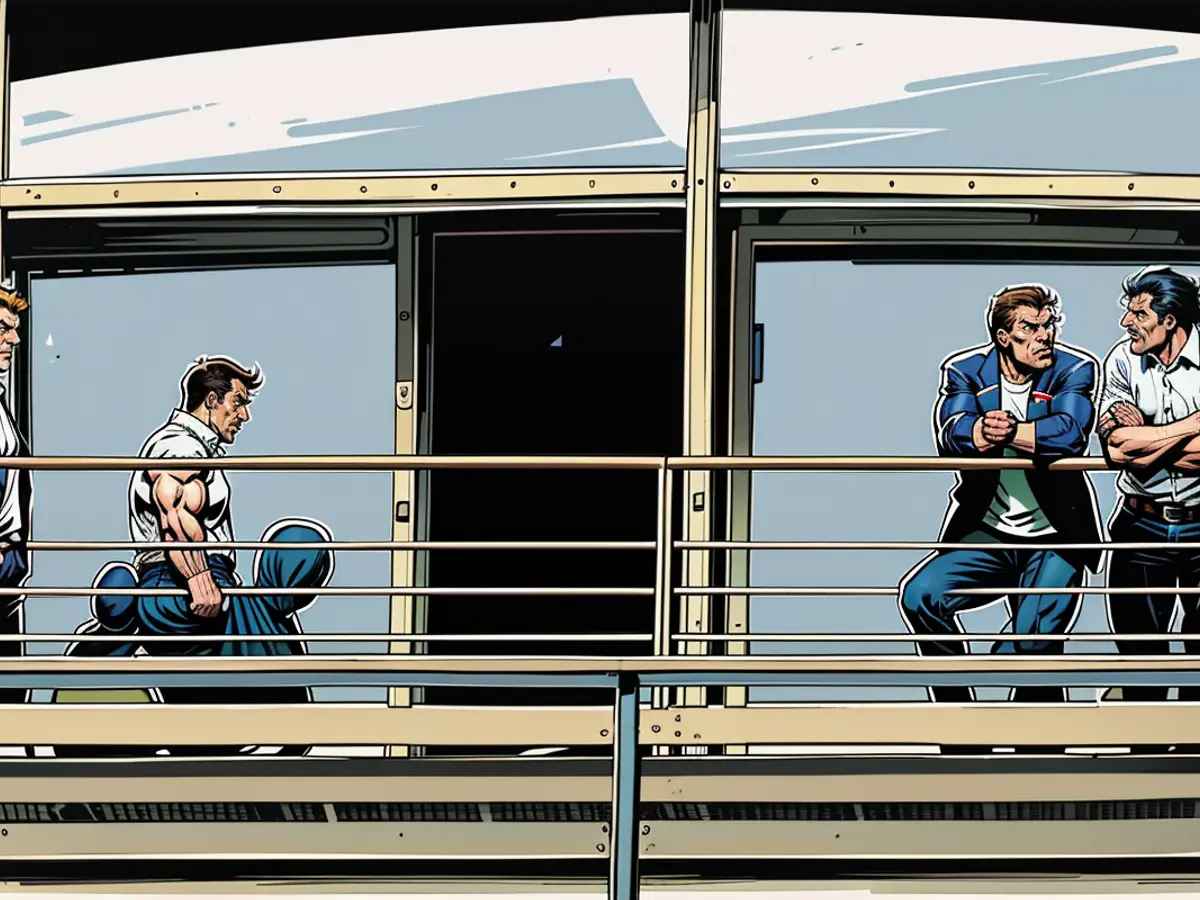Traffic light coalition agrees on budget and growth package
The leading representatives of the Traffic Light Coalition have come to an agreement on the budget for the coming year. There is an understanding, according to coalition sources. Federal Chancellor Olaf Scholz, Finance Minister Christian Lindner, and Economics Minister Robert Habeck have been in negotiations since Thursday afternoon to find a solution in the budget dispute.
The leading representatives of the Traffic Light Coalition have come to an agreement on the budget for the coming year. There is an understanding, according to coalition sources. Federal Chancellor Olaf Scholz, Finance Minister Christian Lindner, and Economics Minister Robert Habeck have been in negotiations since Thursday afternoon to find a solution in the budget dispute.
Details of the agreement were not initially disclosed. The Bundestag factions of the SPD and Greens are to hold meetings at 7:00 pm. Coalition leaders in budget stress Scholz, Habeck, and Lindner had been negotiating intensively in recent weeks. They had originally aimed to reach an agreement by this Wednesday. July 17 is now being discussed for the cabinet decision.
To meet this deadline, a swift agreement on principles was necessary, as the drafting of the budget law usually takes approximately ten days. The Bundestag will then deal with the budget draft from mid-September, which could then be passed in November or December.
Individual ministries such as the Foreign Office or the Development Ministry initially refused to accept Spending Proposals from Lindner with regard to international obligations. The Social Budget was also a contentious issue. In addition, there was still a gap of around 10 billion euros that needed to be closed.
Above all, the SPD was pushing for the financial burdens of the Ukraine War and the debt brake to be postponed again to create more room for investments. This was not an option for Linders FDP. The SPD rejected cuts in the Social Budget.
Mini-Growth expected
In Germany, only minimal growth is expected this year. Companies are holding back on investments, and private consumption is not picking up. Economic associations have long been complaining about competitive disadvantages such as high tax and tariff burdens, a lack of skilled workers, and excessive bureaucracy. The government wants to tackle this with the "Growth Turbo."
Scholz had already stated that the German government wants to encourage private investments. He offered improved tax incentives for companies. In addition, the acquisition activity of parents was to be facilitated, and employment incentives were to be increased, tax-wise as well.
The Traffic Light Coalition's budget agreement will significantly shape the politics of the upcoming year. The agreement, which includes a focus on budget policy, aims to address economic challenges such as minimal growth and high tax burdens.
The details of the budget agreement between Federal Chancellor Olaf Scholz, Finance Minister Christian Lindner, and Economics Minister Robert Habeck will influence the government's "Growth Turbo" initiatives, with improved tax incentives and employment incentives among the planned measures.








